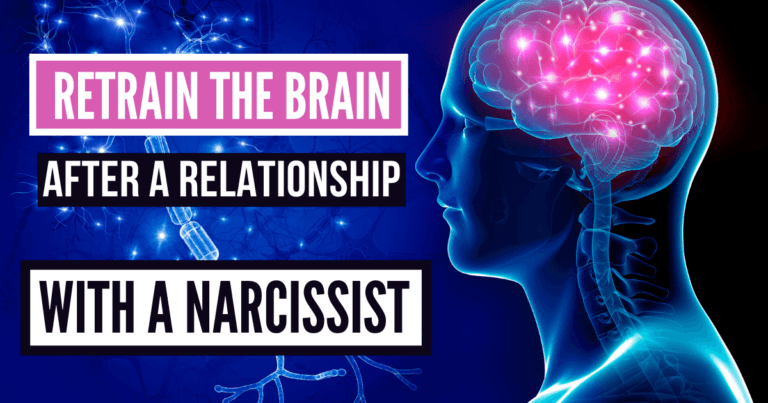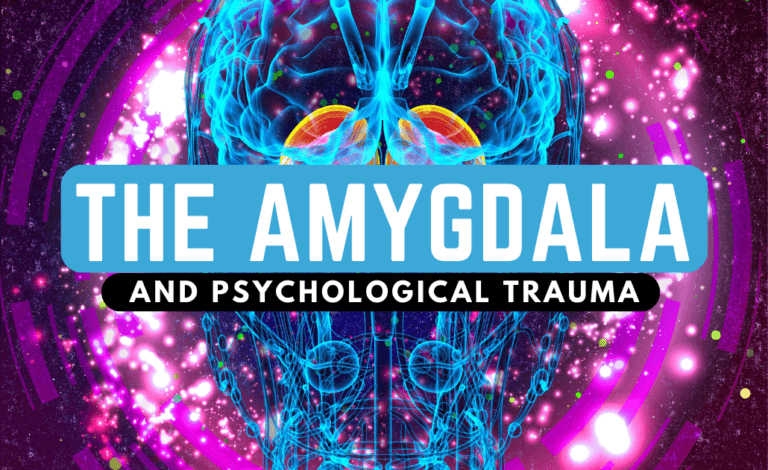Are you the Lost Child in Your Narcissistic Family - 10 Ways to Detect
Within the intricate dynamics of a narcissistic family, the presence of various roles can profoundly impact each individual’s life.
Today, we shed light on the often overlooked role of the “Lost Child” and explore ways to detect if you were this role within a narcissistic family environment.
Understanding the Lost Child
The Lost Child in a narcissistic family often finds themselves invisible, overlooked, and emotionally neglected. They become skilled at fading into the background, escaping confrontation and seeking refuge in solitude. As a result, they develop a strong sense of self-sufficiency and independence, becoming self-reliant to cope with the absence of emotional support.
Related: Boundary Setting with Narcissists – How Self-Respect Plays a Role
Roles Within the Narcissistic Family
To grasp the full scope of the Lost Child’s experience, it is essential to briefly acknowledge the other roles within a narcissistic family.
Scapegoat: This individual is often targeted and blamed for everything that goes wrong in the family. They bear the brunt of the narcissistic parent’s wrath, becoming a convenient outlet for their frustrations.
Enabler: The enabler often plays a passive role, supporting and enabling the narcissistic parent’s behavior. They may feel trapped in a web of loyalty and fear, perpetuating the dysfunctional dynamics.
Golden Child: The favored child of the narcissistic parent, the Golden Child receives excessive attention, praise, and adoration. While this role may seem desirable, it often comes with significant emotional baggage and unrealistic expectations.
A Note about the Scapegoat
A similar occurrence occurs with the scapegoat. When the scapegoat is overlooked, criticized, and treated as less than others over and over again by not only caretakers, they can begin to internalize how others treat them over and over again. They can take on self-sabotaging behaviors and may suffer from poor or improper self-esteem. Learn about the dynamics between the Scapegoat and the Golden child, why he relationship is strained, what the Scapegoat can do, why the scapegoat is disrespected (and worse), and even ostracized.
Detecting the Lost Child
Loneliness and social withdrawal: Loneliness and social withdrawal: Lost Children often experience profound feelings of isolation, even in social settings where they may appear physically present. They struggle to form and maintain close relationships due to a deep-rooted fear of rejection and an ingrained belief that they are unworthy of genuine connection. As a result, they may gravitate towards solitude as a coping mechanism, finding solace in their own company while keeping others at a distance.
Emotional self-reliance: Growing up without emotional support, Lost Children become experts at self-soothing and self-nurturing. They find it challenging to seek help or rely on others for emotional support, as they have learned that their needs are unlikely to be met. Consequently, they become self-reliant to an extreme degree, managing their emotions independently and rarely reaching out for assistance or comfort.
Heightened sensitivity to criticism: Due to a history of being subjected to harsh and unwarranted criticism, Lost Children develop a hypersensitivity to any form of critique. They interpret even constructive feedback as a personal attack, triggering deep-seated feelings of shame, unworthiness, and fear of abandonment. This sensitivity can manifest as defensiveness, a constant need to justify themselves, or an excessive drive to please others in an attempt to avoid criticism altogether.
Chronic feelings of guilt and shame: Lost Children often carry a heavy burden of guilt and shame, even when they are not responsible for the dysfunction within the family. They internalize the blame for conflicts, the narcissistic parent’s moods, or any perceived failures, resulting in a pervasive sense of unworthiness and self-condemnation. This chronic guilt and shame can erode their self-esteem and make it challenging for them to recognize their own value and deservingness of love and acceptance.
Perfectionism and high achievement: To gain a semblance of validation and approval, Lost Children often develop perfectionistic tendencies. They set impossibly high standards for themselves, striving for flawless performance in various areas of life. Perfectionism becomes a coping mechanism to prove their worthiness and secure external validation, as they have learned that their inherent value is conditional upon their achievements and meeting others’ expectations.
Difficulty expressing emotions: Having grown up in an emotionally neglectful environment, Lost Children may struggle to identify and express their own emotions effectively. They may have limited access to a wide range of emotions or struggle to put their feelings into words. This emotional detachment can create a sense of numbness or an inability to connect with their own inner world, making it challenging to understand and address their emotional needs.
Lack of personal boundaries: Lost Children often struggle to establish and enforce personal boundaries due to the blurred boundaries in their family dynamics. They may have learned to prioritize the needs of others over their own, resulting in a pattern of people-pleasing and an inability to assert their own preferences or protect their personal space. This lack of boundaries can leave them vulnerable to exploitation and further reinforce their feelings of being invisible and unimportant.
Overdeveloped independence: In the absence of emotional support, Lost Children become exceptionally self-reliant. They learn to rely solely on themselves for validation, comfort, and problem-solving, as they have come to believe that relying on others will lead to disappointment or abandonment. This overdeveloped independence can make it challenging for them to ask for help or accept support, as they fear being let down or burdening others with their needs.
Escapism and fantasy world immersion: Lost Children often find refuge in daydreaming, immersing themselves in books, movies, or other forms of escapism. These activities allow them to create alternate realities where they feel seen, heard, and understood, providing a temporary escape from the harsh realities of their family dynamics. This immersion in fantasy worlds serves as a coping mechanism and a means of finding solace and emotional fulfillment that may be lacking in their real lives.
Avoidance of conflict and confrontation: Lost Children frequently go to great lengths to avoid conflict and confrontation within the family. They have learned that asserting their needs or challenging the narcissistic parent’s behavior often leads to negative consequences, such as emotional outbursts or further neglect. As a result, they develop a strong aversion to conflict, becoming experts at diffusing tension, keeping the peace, and sacrificing their own needs to maintain a fragile sense of harmony.
Recovering from the role of the Lost Child within a narcissistic family requires patience, self-compassion, and a willingness to explore alternative healing modalities. By recognizing the signs, finding creative outlets for self-expression, and embracing supportive communities, you can begin the journey toward reclaiming your identity, building resilience, and forging a fulfilling life beyond narcissistic abuse.
Remember, this article serves as a guide and is not a substitute for professional advice. If you require additional support, do not hesitate to seek help from licensed therapists, coaches or counselors who specialize in narcissistic abuse recovery. You deserve healing and a brighter future ahead.
Have you or someone you know experienced the role of the Lost Child within a narcissistic family? What strategies or techniques have you found helpful in your healing journey? Share your thoughts, experiences, or any additional insights you may have. Your perspective can offer valuable support and encouragement to others who may be on a similar path of recovery.








